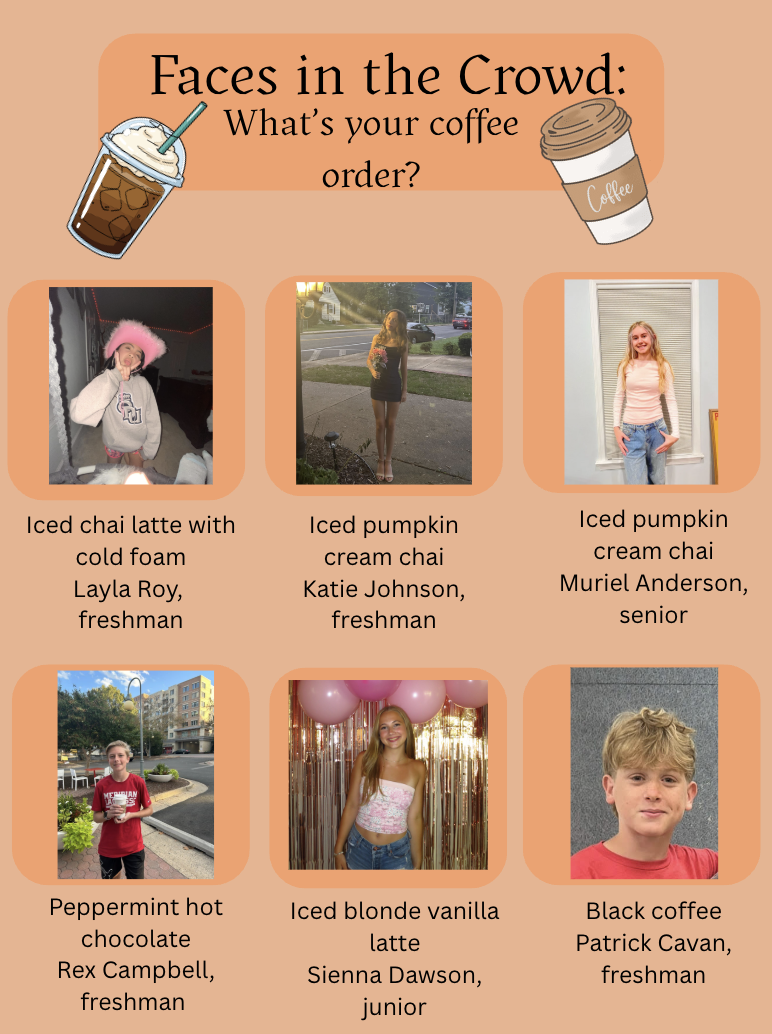
“A brain that is hungry for sleep will get it, even when you don’t expect it,” said Mary A. Carskadon, a Ph.D. recipient in neuro- and biobehavioral science.
Sleep is a vital aspect of life. The rest and relaxation that we get from it and the important processes that go on during it help us get through each day. It is a time when the mind and body are able to process all the information that has been crammed into it. Seems pretty important, right? Unfortunately, many teenagers at GMHS do not get enough of it.
“In my first blocks, I’m really more asleep and dead,” junior Kalena Wojtala said.
And it’s not only the students who are aware of their exhaustion.
“I’ve had juniors and seniors first block in the morning and clearly… they’re just tired, they’re dead,” said Mason math teacher Ms. Jennifer Jayson.
Though it was previously assumed that age and sleep have an inverse relationship, science shows that is not actually true. According to Carskadon and others’ extensive research, teenagers actually need between 8 and 10 hours of sleep every night. Crucial social, emotional, mental, and physical growth takes place during the teen years, and these processes need sleep to progress in a healthy manner.
A mixed-grade group of 26 people participated in a survey, focusing on average how much sleep they got each night. Below shows the results of Mason students versus the ideal amount that students should be getting.
Getting enough sleep is especially important for the academic life of teenagers. Not only does it help with social and biological development, but sleep has a huge impact on how students perform in school.
Without the proper amount of sleep, students cannot mentally function at full capacity, they are more likely to be stressed and anxious, and will have a harder time controlling their behavior, leading to emotional breakdowns and grumpiness.
Many studies show that the less sleep a student gets, the less likely they are to retain memorized information because the brain does not have time to process the information, making it difficult to take tests confidently.
“I felt exhausted, and [had] a lack of focus,” said senior Ryan Henderson, who had three tests the day after cross country regionals. “It was hard to concentrate.”
While Henderson represents many of the students at Mason by staying up late to cram as much study in the night before as possible, there are a few students who have a radically different view.
“I don’t really get tired when I do school work…I don’t really get exhausted,” said sophomore Bella Hubble. “I think that’s one of the reasons I can go to school and get home and do more homework, because I am very well-rested.”
Hubble may be an anomaly among Mason students in that she might actually get the proper amount of sleep. She tends to go to bed by 9:30 or 10:00 and wakes up at 7:00 in the morning. That is about 10 hours of sleep. Unfortunately, for most students, this is more of a dream than a reality.
“I want to go to sleep, and sometimes I nap and then I wake up and do my homework until twelve or whenever it gets done,” said senior Brooke Meinhart.
It isn’t even just the seven hours of actual school that are impacted by the deprivation of sleep. Because of the academic rigor at Mason, the students have a lot of homework to do. So, not only are they learning for a majority of the day, but they are also expected to do several more hours of school work with an exhausted brain.
It works like a cycle:
“If you read the science, it says that teenagers should be sleeping in later, [they] shouldn’t be getting up so early,” said Jayson.
And like Carskadon said, the brain will get sleep whenever it can, regardless of the location or the importance of the activity that the student is doing.
“I feel like I stop learning…I just start spacing out and stop listening to my teacher,” said junior Hope Bossart.
Bossart’s reaction is a result of not getting enough sleep and carrying a lot of stress on her shoulders. Her mind is getting its sleep as she spaces out.
More than one research study shows that depriving teenagers of sleep can cause many problems. Students cannot function mentally at full capacity, they are more likely to get really stressed and anxious and will have a harder time controlling their behavior.
Between the homework load, the pressure to get involved, and the built up exhaustion from school, many students are not getting the full amount of sleep that they should in order to thrive. Their growing bodies and minds are trying to keep up with their busy lives, but they move too much too often, leaving them tired and less able to start each new day with energy.










